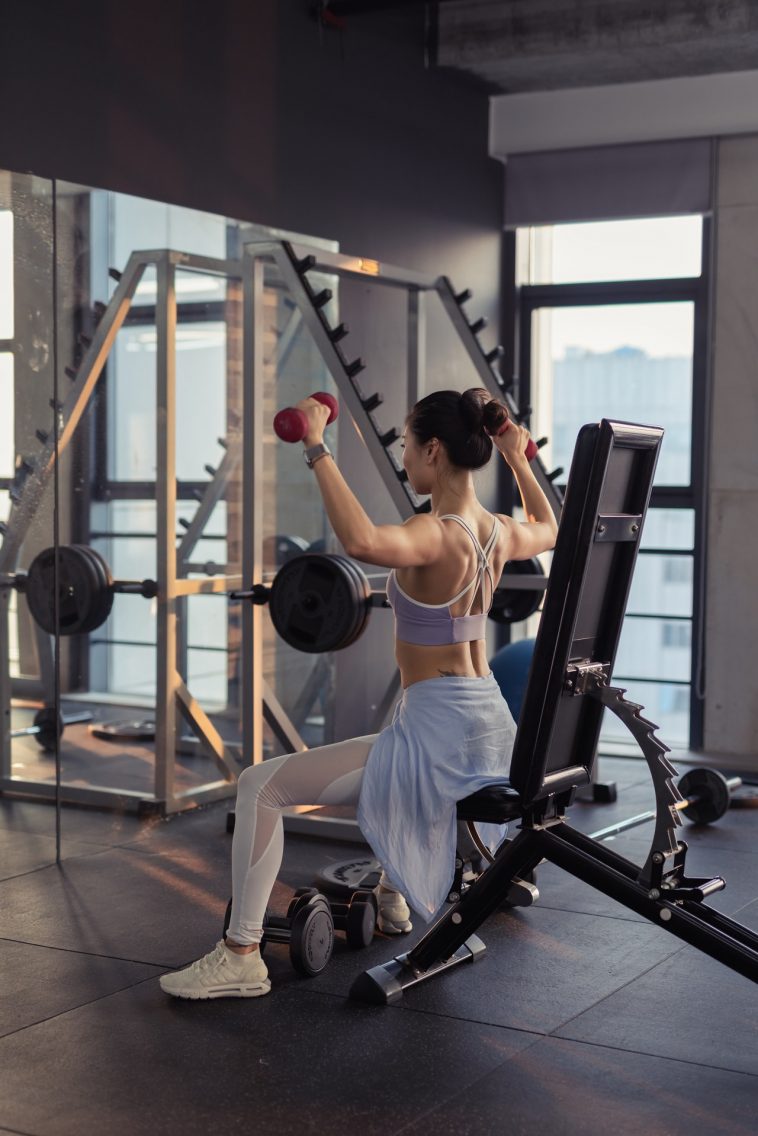As the months go by, people have grown determined to stay productive. Many are finally taking this time to build a habit of exercise. Others even use improvised workout equipment using everyday objects that can be found at home.
It is motivating to see people pursuing a fitness goal and having the desire to come out of the quarantine in the best version of themselves. However, before you start working out, here are some popular fitness myths that you should know.
No pain, no gain.
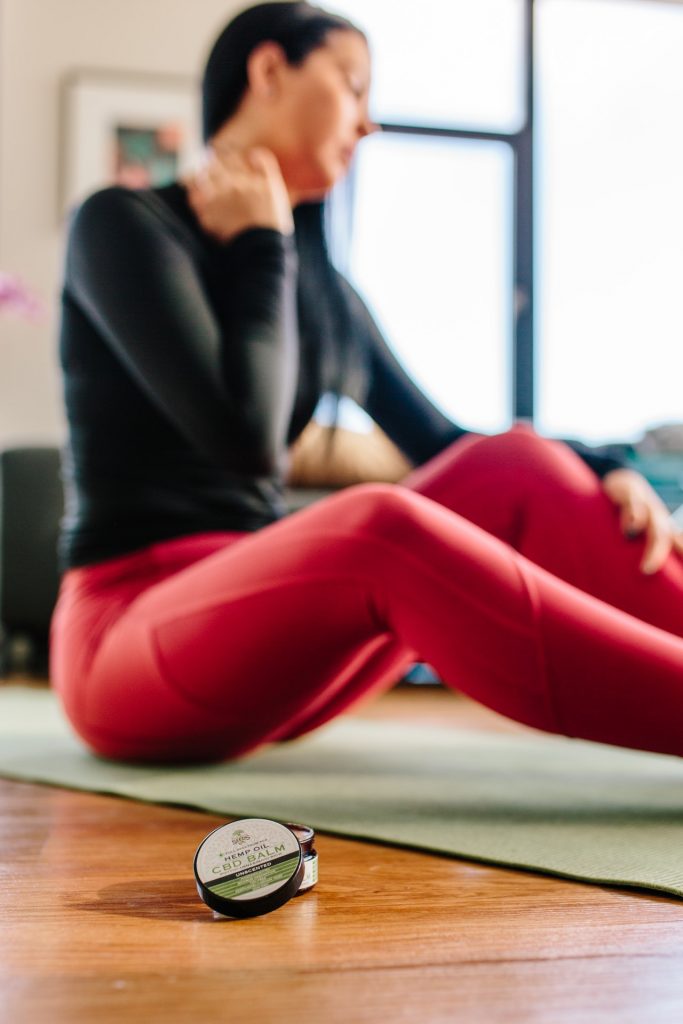
This popular slogan may be inspirational for all of us but it can mislead beginners. Sure, it may be applicable for highly trained professional athletes, but for us mere home workout mortals, this could be our body signaling us to stop.
Exercise does include tolerable stress and slight discomfort, but it should not cause actual pain. If you are experiencing pain, experts advise slowing down and stopping. Real pain indicates the possibility of an injury. Listen to your body. Give it what it needs, not unnecessary pain.
Doing ab workout is the way to reduce the extra weight around your waist.
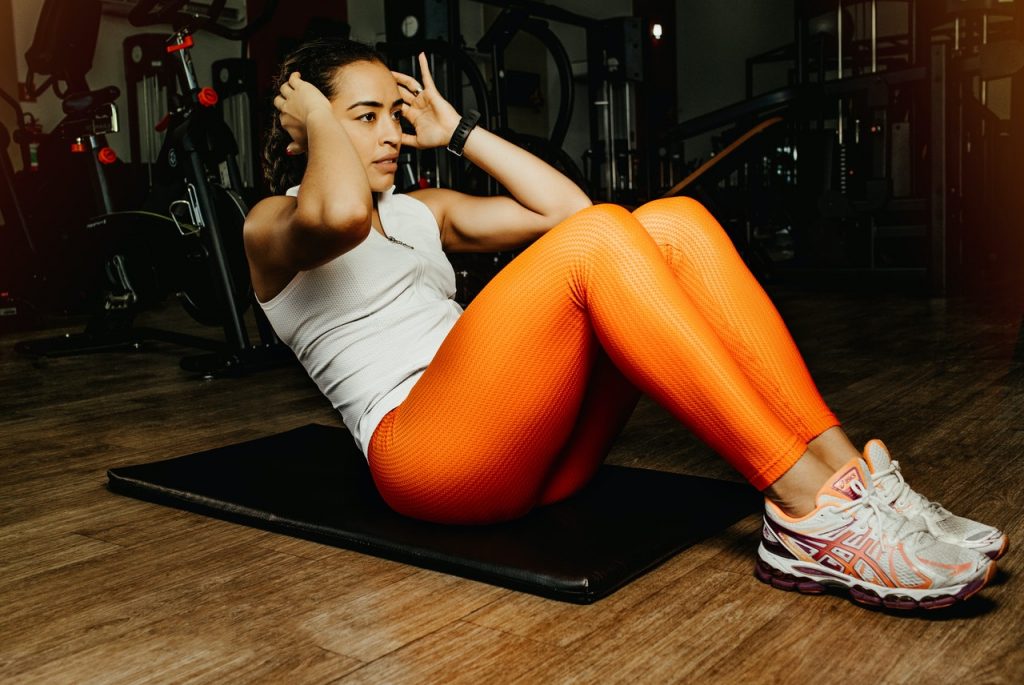
Spot reduction, the claim that exercising specific muscles can reduce fat in a desired area of the body, is simply impossible. Fat is mobilized from the fat cells to all parts of the body. They do not come simply from the area being exercised. Fat is burned for energy from the body’s fat cell stores. Doing specific exercises will tone the muscles, but they won’t reduce the percentage of body fat.
The most effective way to reduce weight is to burn more calories through activity than the calories gained through food intake. Genes can also influence how individuals distribute fat to certain areas of their body. The tendency is to lose weight last in the area that it was first gained. For men, that generally means the stomach and waist, and for women fat is generally found in the upper thighs, buttocks, and arms.
One shouldn’t drink water before or during an exercise.
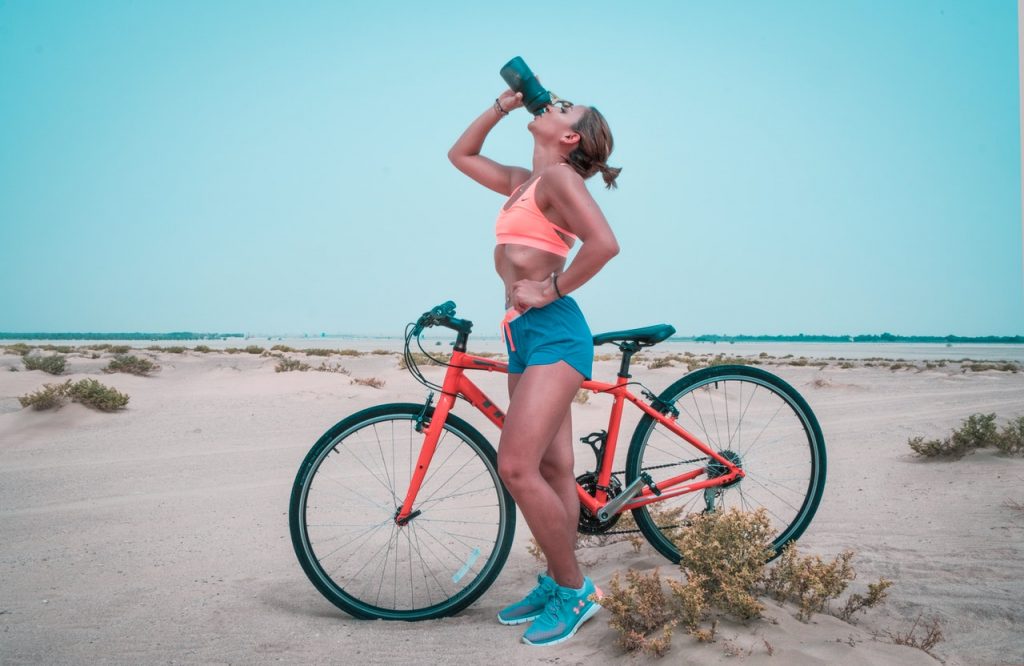
This myth stems from the belief that abstinence from water will help an individual become accustomed to dehydration and prevent “shocking” the body upon sudden water intake. However, doctors say withholding water during a rigorous activity is dangerous as it can result to dehydration, heat stroke, and heat exhaustion. It is completely okay to drink water before, during, and after an activity to replenish lost water.
Women should avoid exercise during their period.
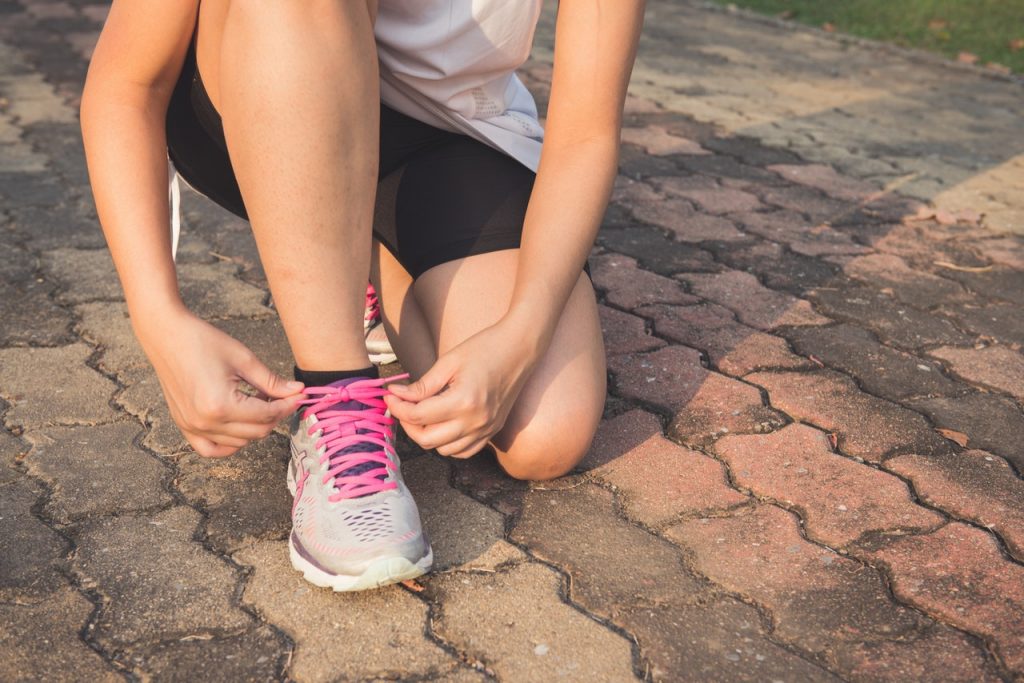
Contrary to what most women think, they may actually find regular physical exercise helpful in lessening menstrual cramps during their period. Women can and should exercise whenever they want to, be it that time of the month or not.
Women who lift weights will develop large, bulky muscles.
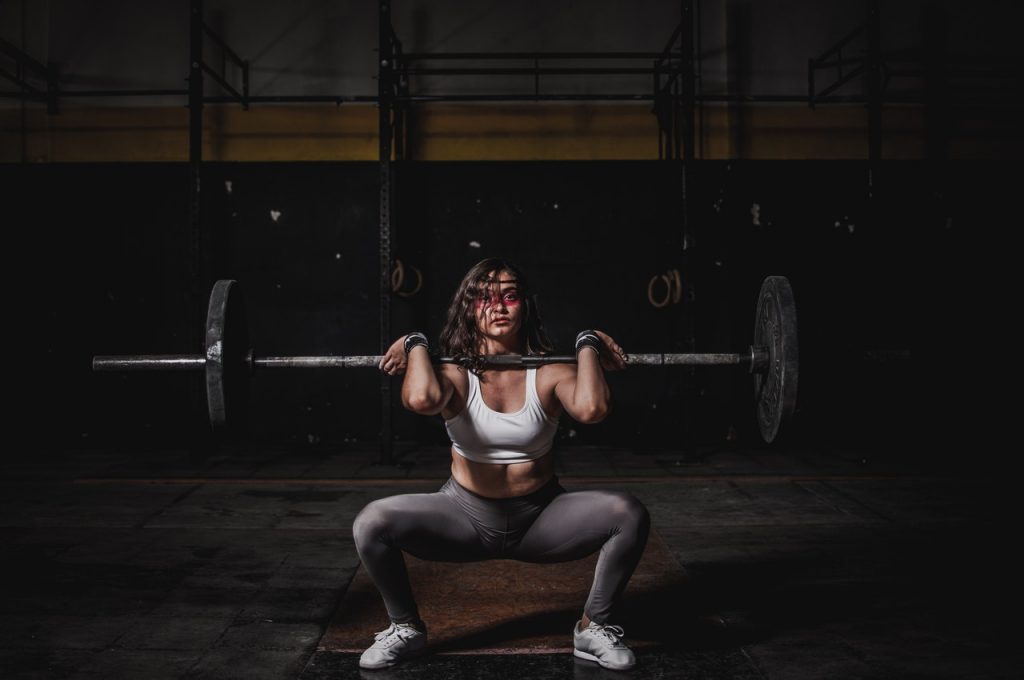
Women don’t need to avoid lifting weights for fear of developing large, bulky muscles. Many women actually find weight lifting helpful in developing their muscles in such a way that enhances their body’s shape.
Some women may have muscular legs, which is usually an inherited, not necessarily developed due to a particular exercise.
Now that you’re able to distinguish facts from myths, may this be helpful in your fitness journey.



